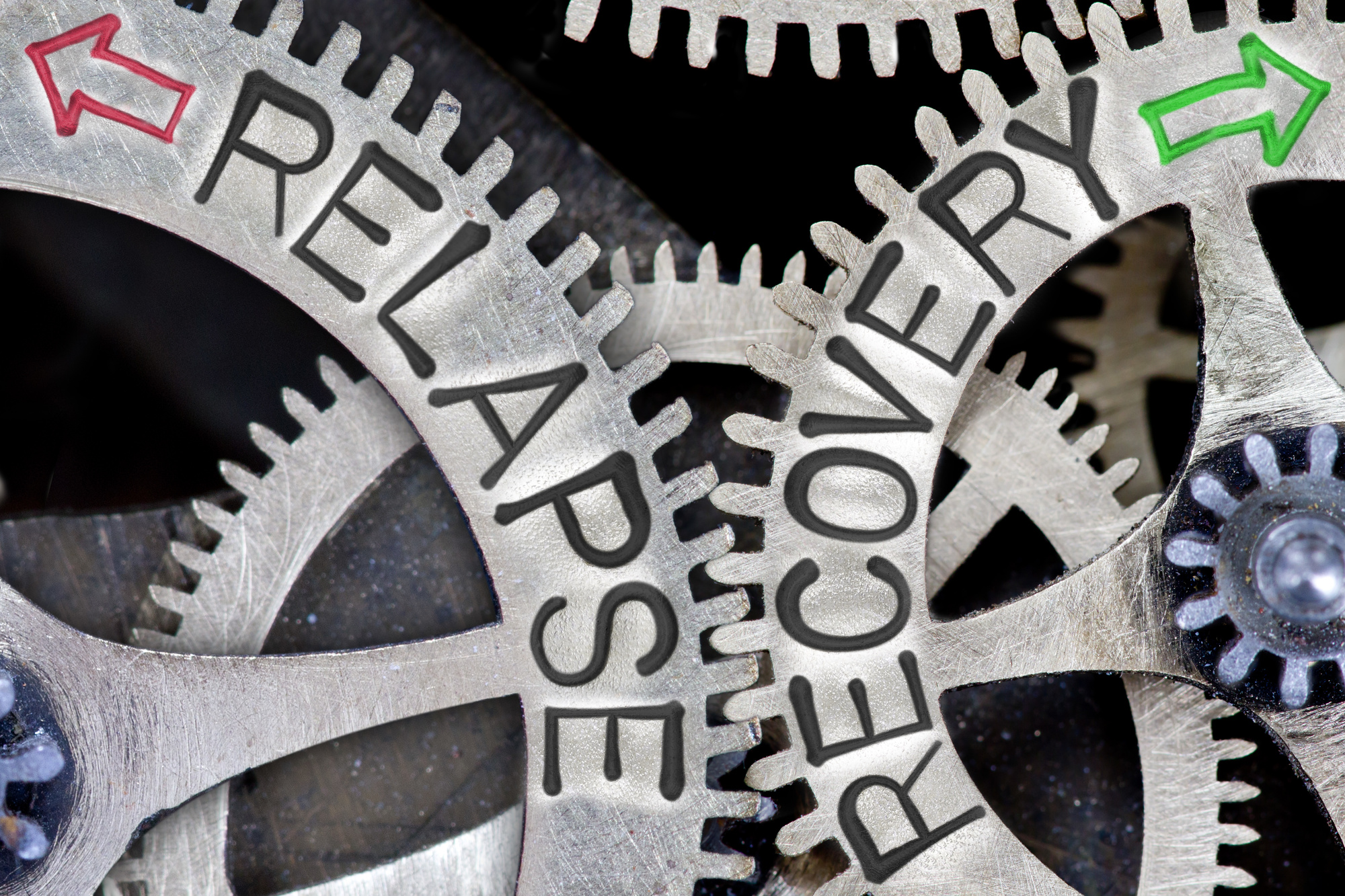
Early Relapse Warning Signs: Why You Should Have a Relapse Prevention Plan
The battle against addiction never ends – even once you’ve reached recovery. As much of a relief as it is to get clean and start transforming your life, you always have to remember there is a chance that you relapse.
This is why you need a relapse prevention plan.
Creating a list of action steps you can follow when you feel the temptation to use drugs is crucial to staying sober. This becomes your go-to resource when you run into someone from your past or end up in a stressful situation in which you previously would have used drugs to handle.
It doesn’t matter if you’ve been clean for 5 years or 5 weeks. If you don’t have a relapse plan in place, you need to create one right away.
Here are 3 reasons why this is so important to your sobriety.
1. To Better Identify Early Signs of Relapsing
The thing about relapsing is that it doesn’t happen out of the blue. It takes a long time for the small temptations and early signs of relapsing to add up and lead you back to the bottle (or whatever drug you were using).
As such, it’s on you to identify when certain things come up in your life and figure out ways to handle them in a healthy manner. You can’t risk pushing loved ones away or bottling up the emotions you feel. This will only get in the way of the progress you’ve been making, and eventually, lead to relapsing.
2. To Go Back to the Basics of Recovery
Once you identify the early signs of a relapse, you have to work on correcting them. The best way to do this is to back to the basics of drug recovery.
Write a list of all the things that helped you during your process to get clean. Then, turn those actions and resources into everyday parts of your life. You shouldn’t stop meditating just because you’ve checked out of your recovery center, or throw your journal away because you think your demons are in the past.
When temptation strikes, it’s these small, simple actions that are going to keep you on the right path. Avoiding them and forgetting the tools you’ve learned in recovery will only lead you back to where you started.
Before you know it, you’ll be checking into a place like Taylor Recovery Center again unless you stick to the teachings you learned in your first recovery process.
3. To Understand When You Need to Ask for Help
At the end of the day, you can’t stay sober on your own. There are going to be times when you need to ask for help, and the sooner you do, the better.
Your relapse prevention plan can help you understand the difference between a small hurdle you can overcome and a big challenge that you need to face with the help of others. There’s no shame in reaching out to loved ones when you feel the need to use again. In fact, this is one of the best things you can do to better prevent yourself from falling into a dark place again.
Why You Should Share Your Relapse Prevention Plan
Once you’ve created a personal relapse prevention plan, make it a point to share it with a few of your closest friends and family members. This way, they can help you in identifying the signs of relapse and support you in going back to basics.
Sharing your plan makes it easier to follow and enhances its chance of success. It’s the extra step that makes a big difference in your long-term sobriety.
Who knows, you may even decide to share your sobriety story with others and inspire more people to get clean! If this is appealing to you, check out these tips on how to start an addiction recovery blog.
